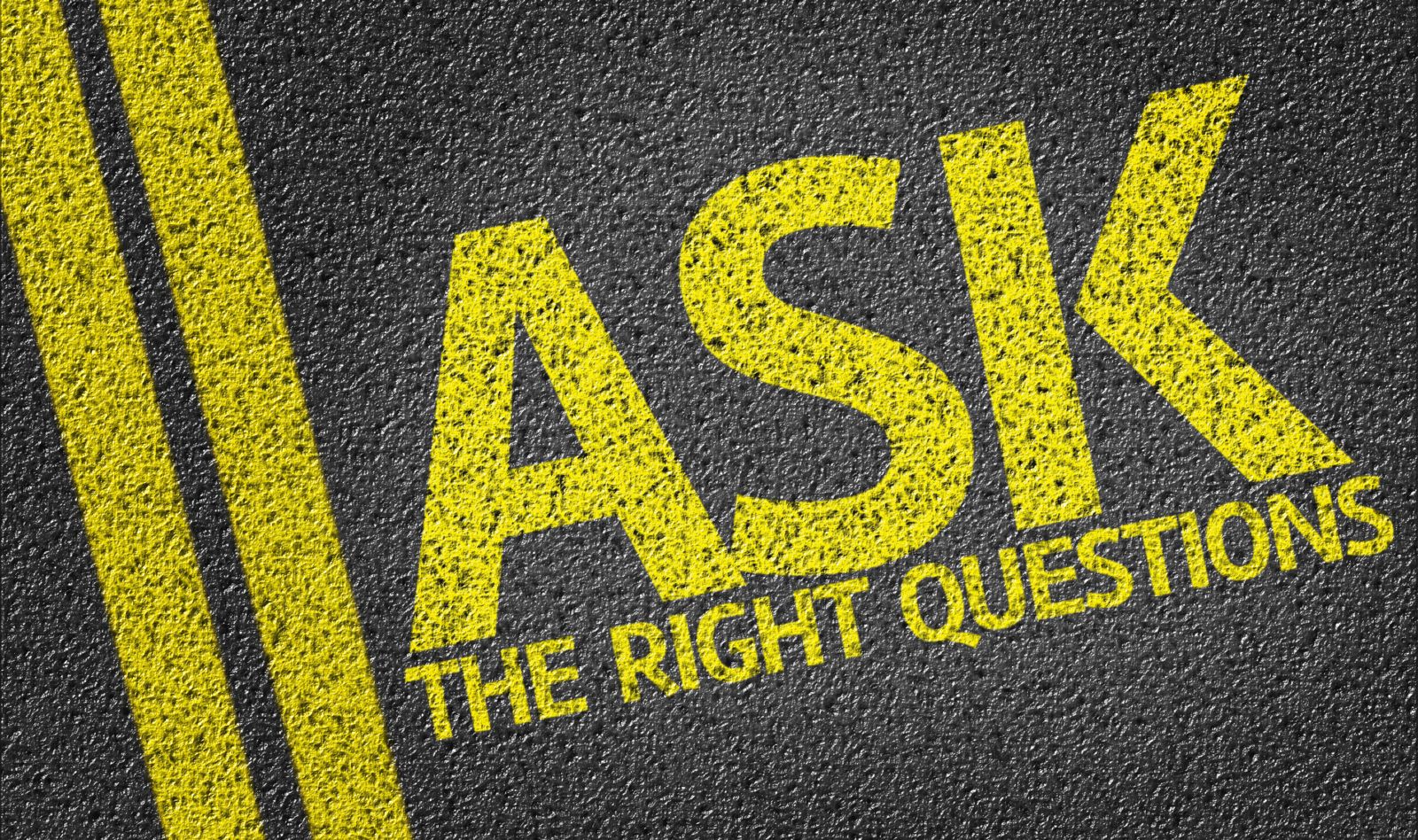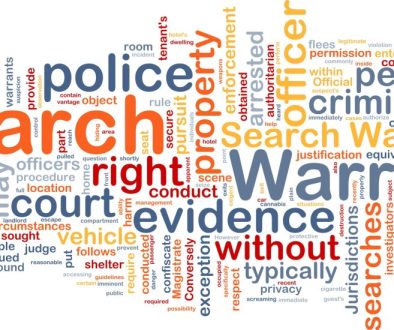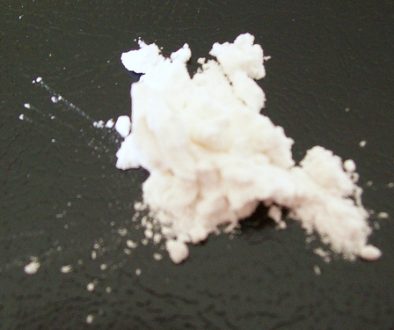Illegal possession of drugs – What Should Your Lawyer Ask?

This is one of the most common types of case that we deal with at our law firm. Here are some the issues your criminal defense lawyer should bring to your attention during that first meeting
Why Did Police Stop Your Car? Police Must Have Probable Cause To Stop Your Car In Pennsylvania & New Jersey!
It is important to understand that police must have probable cause to stop your vehicle in Pennsylvania and New Jersey. Probable cause means some type of violation of the traffic code such as speeding, running a red light, or some other violation. Probable cause could also include something like an out of date registration tag or even a bad tail light. During your initial consultation with you lawyer he should ask you “what caused police to stop the car?” Your attorney should use your answer to this question to evaluate a motion to suppress evidence based on a lack of probable cause to stop your vehicle. In many situations police will tell you the reason they stopped your car but there are situations where clients don’t know why they were stopped. If your attorney does file a motion to suppress he will ask the officer a series of questions during cross examination to attack the basis for the stop, or at least he should.
Why Did Police Search Your Car? Police Must Have Probable Cause To Search Your Car In Pennsylvania & New Jersey!
Your attorney should also ask you what happened prior to your arrest. In the case of an illegal gun or narcotic case, it is more than likely that police arrested you following a search of the vehicle. Remember that in Pennsylvania and New Jersey, police do not need a warrant to search your vehicle. They can perform a warrantless search if they have probable cause to believe that the car contains contraband such as illegal drugs. Like probable cause to stop, if police do not have probable cause to search, all of the evidence found thereafter is inadmissible, meaning that it can’t be used in court against you.
When we’re discussing probable cause to search, your attorney should ask you if police asked for your consent to search the vehicle, because that will substantially change whether or not your constitutional rights against illegal search and seizure were violated. Remember never give police consent to search your vehicle.
What Questions Did Police Ask You? Don’t Answer Questions!
Your attorney should also ask if, after police found the drugs, if they asked you any questions like “are these your drugs or who do these belong to?” It is important that you are honest with your attorney even if your answers embarrass you. It is better to be embarrassed than to have your attorney walk into court unprepared.
Where Did Police Find The Drugs? Actual vs. Constructive Possession
Finally, your attorney should ask where the police found the drugs. That will determine whether or not you possibly have a case or argument at trial for a lack of constructive possession. Constructive possession means that it is found in your area of immediate control whereas actual possession is found on your actual person. For instance, if drugs are found in the backseat underneath the passenger side of the vehicle and the vehicle is not registered to you, your attorney may have a strong argument.
These are just some of the questions that we discuss during an initial consultation in my office. For more information I encourage you to give us a call and set up an appointment. I also encourage you to look at our website and all of the resources available on it, including my blog, books, and other videos where I discuss topics such as this.



